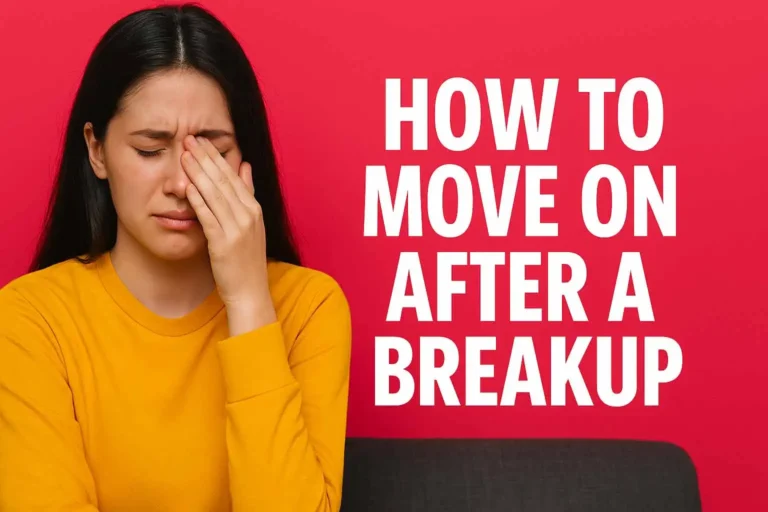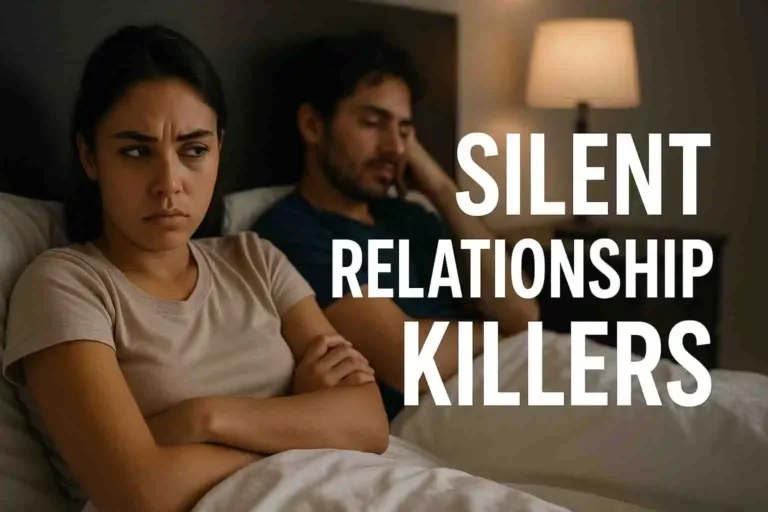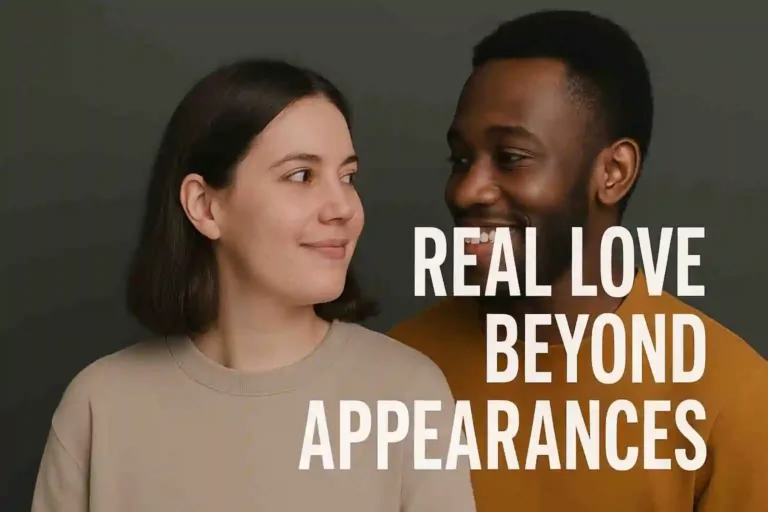Always Apologizing in Relationships? Here’s Why That’s a Red Flag
If you find yourself always apologizing in relationships, even when you’ve done nothing wrong, it’s time to stop and ask why. Saying sorry once in a while is normal — but when it becomes a habit, it’s no longer healthy. Constantly apologizing could be a sign of emotional imbalance, low self-esteem, or a deeper relationship issue that’s slowly wearing you down. In this article, you’ll learn what it means to always take the blame, why this behavior is a major red flag, and how to break the cycle for good.
Being the one who always apologizes isn’t a sign of kindness — it could be a red flag that something deeper is wrong in your relationship.
In this article, we’ll break down why this habit forms, what it says about your emotional boundaries, and how it could be a signal that you’re stuck in an unhealthy relationship pattern. We’ll also share real-life examples, simple definitions, and actionable steps to help you protect your peace.
What Does It Mean When You’re Always Apologizing?
Apologizing is a healthy part of any relationship. Everyone makes mistakes. Saying sorry shows you care about the other person’s feelings and want to make things right.
But if you’re apologizing all the time — especially when it’s not your fault — that’s not being kind. That’s being emotionally over-responsible.
Emotional responsibility means owning your feelings, actions, and impact on others. But when you start owning their emotions too, it becomes a problem.
Example: Let’s say your partner snaps at you because they had a bad day. You didn’t do anything wrong, but you find yourself saying sorry just to calm them down. This teaches them that they don’t need to manage their emotions — you’ll take the blame instead.
This kind of pattern can lead to a toxic cycle.
Why Always Apologizing in Relationships Feels Normal but Isn’t
1. You’re Avoiding Conflict at the Cost of Your Self-Respect
Many people say sorry just to avoid fights. You think keeping the peace will make things better. But peace built on silence and guilt doesn’t last.
Over time, your self-worth takes a hit. You start to believe everything is your fault. That makes it easier for others to manipulate or take advantage of you.
2. You’re in a One-Sided Relationship
If one person keeps apologizing and the other never does, that’s a sign of an unbalanced relationship. Healthy couples take turns taking responsibility. If you’re doing all the emotional labor — and they rarely say sorry or admit fault — you’re likely in a one-sided relationship.
3. You May Be Struggling with Low Self-Esteem
People with low self-esteem often say sorry because they don’t feel worthy. You might feel like you have to earn love, stay useful, or make yourself small to be accepted.
This is emotionally exhausting — and it attracts the wrong kind of people. High-value partners want confidence, not constant guilt.
Want more exclusive updates like this?
Real-Life Example: Meet Priya
Priya was always the one saying sorry in her three-year relationship. If her boyfriend forgot their plans, she would say,
It’s okay, I should’ve reminded you.
If he yelled during an argument, she’d say,
Sorry, I didn’t mean to upset you.
She thought she was being loving. But all it did was teach him that her feelings didn’t matter. He never apologized. He never changed.
Eventually, Priya realized she was carrying all the emotional weight. She ended things, worked on her confidence, and promised herself: I won’t say sorry for things that aren’t my fault.
4. Why Saying Sorry Too Much Hurts You
Here’s how constant apologizing affects you:
- It weakens your boundaries. You stop standing up for yourself.
- It reduces your confidence. You begin to feel like a burden.
- It attracts emotional manipulators. They know you’ll always take the blame.
These effects are serious. You may not even notice how much it’s draining you until you feel burnt out, anxious, or depressed.
Let’s talk about relationship communication breakdown — a common problem when one person is always apologizing. When communication becomes one-sided, emotional intimacy disappears.
Another thing is emotional abuse in relationships. While not all over-apologizing means abuse, if your partner uses your guilt to control you, that’s a major red flag.
Online therapy for relationship issues is a great tool to help you break free from these patterns. Therapy helps you see what’s going on and build better boundaries.
























